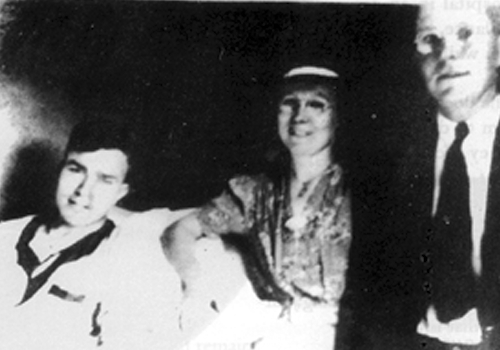
Tourettes Syndrome is a neurological disorder and the symptoms of Tourettes vary in intensity from mild to severe. the onset of the syndrome normally occurs during adolescence. the preteen years can be just the beginning of the symptoms, ranging from mild jerking motions, to severe tics. Most individuals with this particular disorder will lose many of the symptoms by the time they reach adulthood. however, there have been cases in which Tourettes Syndrome was carried on into adulthood with milder symptoms in most situations.
The symptoms are uncontrollable jerking of various body parts, however, not always at one time. the head may jerk or shoulders shrug from lacking control over the nerves and muscles. an individual may suddenly vocalize curse words or other strange, inappropriate sounds. These symptoms, however, are never caused on purpose by the person. the symptoms are literally involuntary.
A person suffering with the illness always wants to be able to control their strange symptoms, but due to the neurological effects on the muscles, somewhat like a stroke victim, they cannot stop the tics. In severe cases, the symptoms can result in the patient suddenly hitting themselves or making involuntary vocalization noises. A person may clear their throat repeatedly or sniff almost continuously, with this condition.
People afflicted by the condition may also parrot what people are saying. For instance, if another person makes the comment, “nice weather today”, the patient may repeat what was said. an individual with the condition may also repeatedly head bang. Tourettes symptoms improve while sleeping, but unfortunately, still occur even during rest. Strangely, these symptoms also occur in individuals with Autism. some healthcare professionals are interested to learn if there is a connection between the two conditions.
There is currently no cure for the illness. however, there is medication that can help control the symptoms of this syndrome. only 10% of individuals with Tourettes carry the syndrome over into adulthood. Hopefully, with modern medicine, research, and new technology, a cure for this agitating syndrome, will be found in the near future.